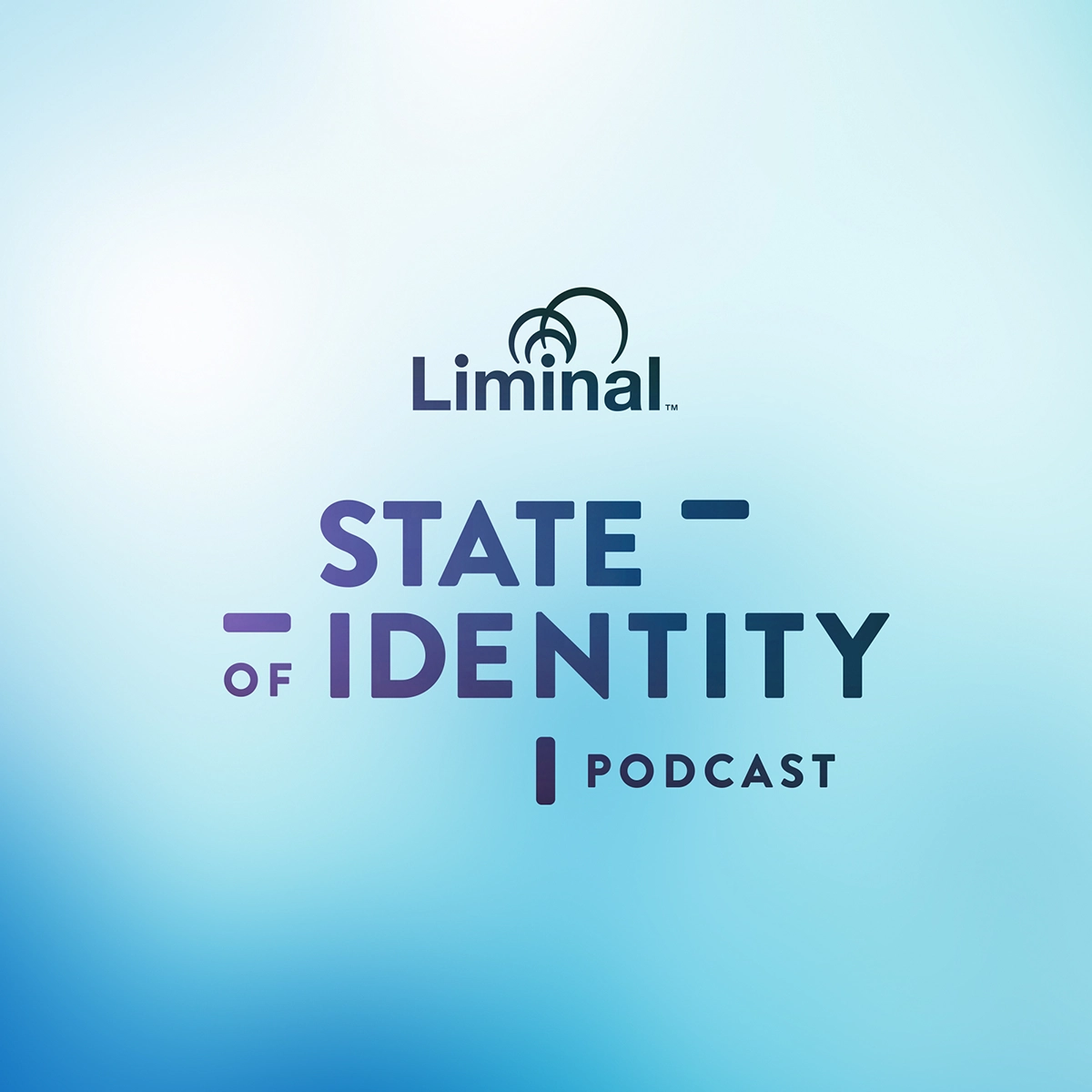How are organizations building technology that can help prevent fraud and automate KYC and compliance? State of Identity host, Cameron D’Ambrosi and Gbenga Odegbami, CEO and CoFounder of Youverify take on the hot topic of closing the gaps between businesses and consumer identities.
PODCASTS

09/08/22
The Power of Identity
Hosted by
Cameron D'Ambrosi
Senior Principal at Liminal
Guest
Gbenga Odegbami
CEO and CoFounder of Youverify
Links
